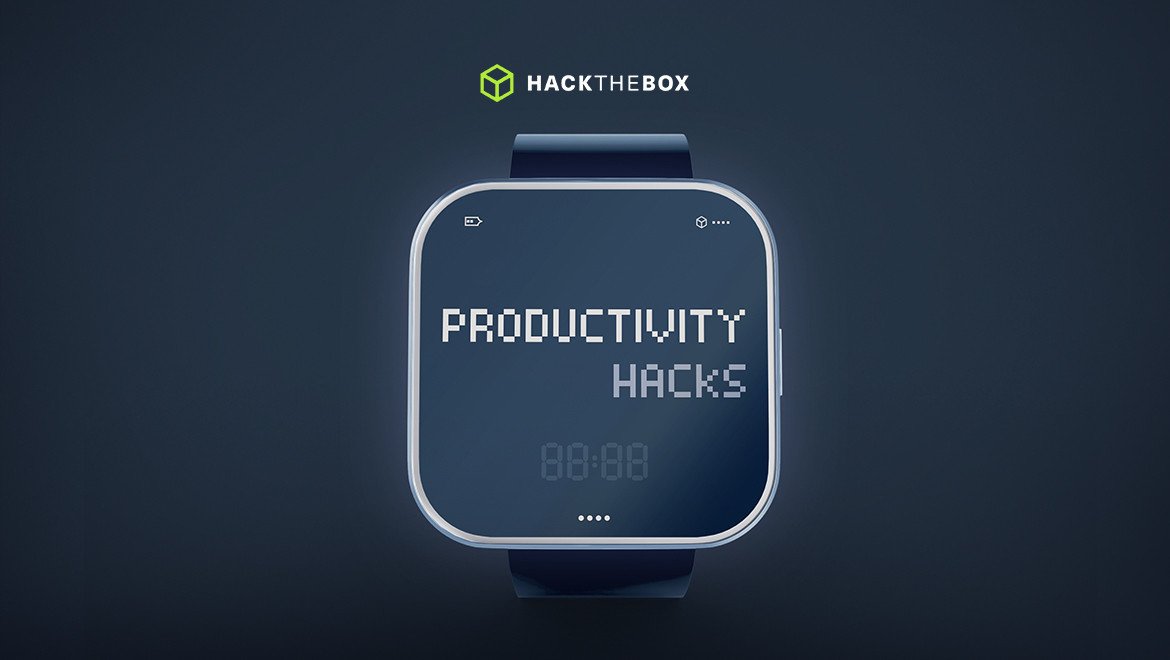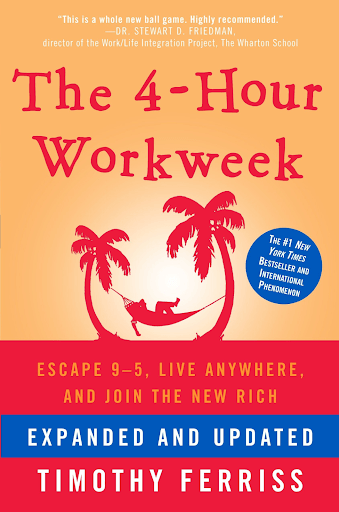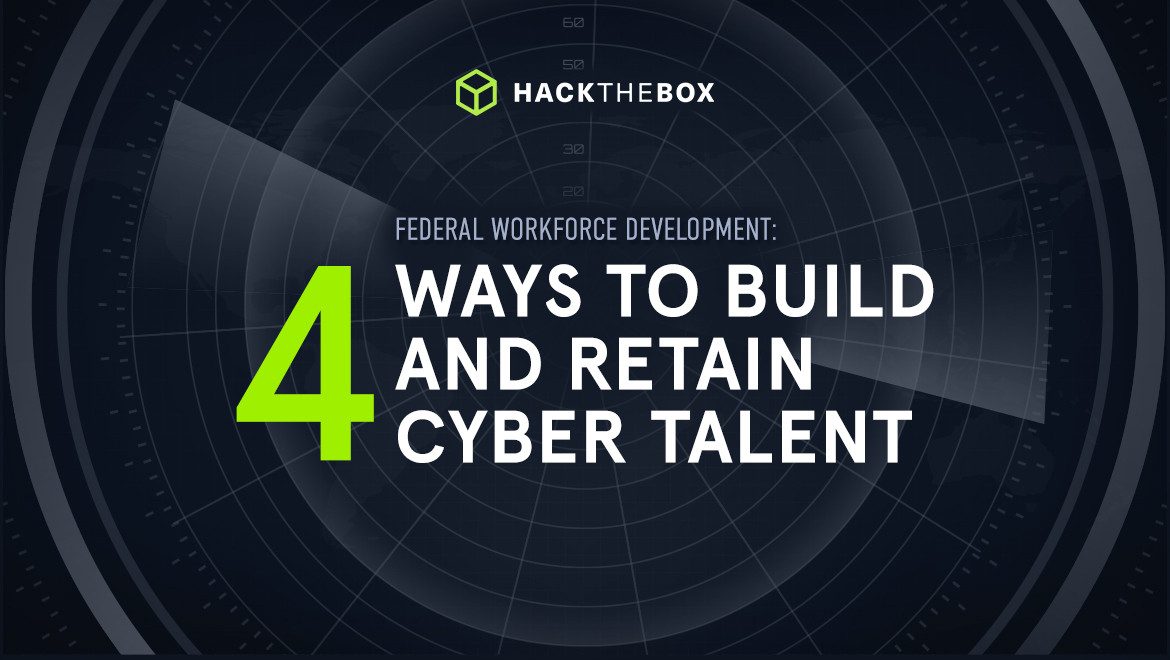Tips & Tricks
Eight productivity hacks to accelerate your career
From automation to batching, you’ll learn the top productivity techniques to advance your career, get more done, and be happier at your work.

21y4d,
Jun 09
2022
Table of Contents
What makes some people more productive than others?
Sleep takes 6-8 of the 24 hours available to us. We also need to schedule rest, personal care, and family/social time. This leaves only 8-10 hours every day to work on advancing our careers and improving ourselves.
Being more efficient during these working hours is the key to maximizing your productivity and boosting output. It sets apart productive employees (who quickly advance in their careers) from average workers.
In this article, you’ll learn eight productivity hacks to help you increase your efficiency and achieve more in your workday.
Automate repetitive tasks
If you repeatedly find yourself doing the same task, consider automation.
Even if a task only takes 5 minutes to complete, automating it can save hours when you calculate the compound total saved time.
Let’s use the example of transferring a program output from the command line output to a CSV file.
Copying the text, pasting it into Excel, formatting it properly, and then exporting it to CSV only takes a few minutes - so you may think this process is not worth automating.
However, if you spend just 30 minutes coding a script that automatically handles the command line output and parses it into CSV, you can later run this script whenever you need to convert a program output to CSV.
As mentioned above, the minutes saved by this automation will eventually compound into hours.
Scripting languages like bash or python will help you automate and achieve most tasks quicker. Even if you have no programming experience, you can use common automation tools like the “Shortcuts” app released for macOS and iOS or the “Power Automate” app for Windows.
Of course, not all repetitive tasks can be automated or should be automated. Some will require your attention, so you should only automate tasks that do not require your direct involvement or tasks that repetitively interrupt your routine and workflow.
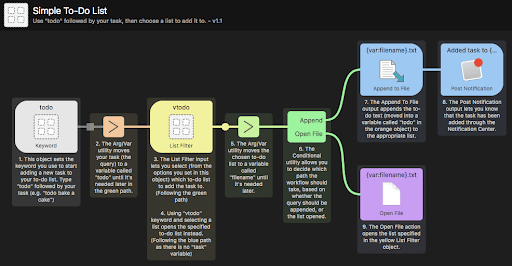
Batch similar tasks
Some tasks may not be identical each time, so we may not be able to automate them. Some other tasks may require our direct attention and involvement, so we cannot delegate them to be handled by scripts.
These tasks may still frequently interrupt our workflow, which can be devastating for our productivity, as we would not be able to focus on our work for long periods.
Such tasks may be everyday administrative tasks like responding to emails or arranging meetings, personal tasks like doing the laundry or washing the dishes, or even more extensive tasks such as short trips or business meetings.
When you decide to batch similar tasks, you first need to identify these tasks that interrupt your workflow. Afterward, you can decide how frequently you would like to do them. If they are tasks that require frequent attention, like responding to emails, you may do them daily.
If they aren't urgent tasks and have leniency in time, like some business meetings, then you can batch all of them on a single day of the week.
If they are things that you only do once every few months, like business trips, then you can plan to do all of them at once on a future date.
Suggested reading: The 4-Hour Workweek
Delegate non-essential tasks
The third productivity tip is to delegate tasks that can be done by someone else.
As we start specializing in our fields and working on more critical and complex tasks, we will not be able to handle everything ourselves, so it would be in our best interest to delegate some of these tasks.
This same principle is used by most managers worldwide when they hire a personal assistant to handle some of the tasks that do not require their direct supervision, like arranging meetings or responding to emails.
However, task delegation is much more comprehensive than delegating tasks to personal assistants, as we can delegate tasks to both experts and service providers.
To identify tasks you should delegate, you should start by calculating your time's worth in monetary value (e.g. in $ or £), which can be derived from your total income. Once you have your time worth, then you can delegate tasks that you do not enjoy if others can provide them for a cheaper cost than your time worth, but with at least 80% the quality of your work.
You can also use Stephen Covey’s third quadrant “urgent but not important” to more easily identify tasks you should delegate. Any urgent task that is not important can be delegated to someone else. Though delegation is not exclusive to these tasks, as even other types of tasks may be delegated.
For example, it may take you 4 hours every week to do the laundry, and if you would completely delegate your laundry to a service provider, it would cost you about 50$ a week.
So, if your time worth for 4 hours is more than 50$, then it is in your best interest to delegate this task, as this will be done in a better quality than your own and will free up time that you can use to do more important work or even to take rest.
Once you start delegating non-essential tasks, you will see your weekly schedule begin to have more free spots for more essential tasks or resting periods, which are as important as any other essential task.
Suggested reading: The 7 Habits of Highly Effective People
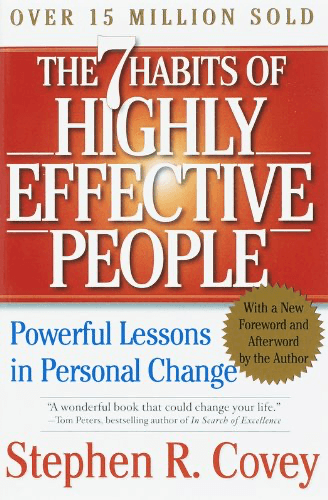
Use the 5-minute rule
Some tasks (that can’t be automated or batched) are bound to be boring. We’re more likely to procrastinate on these dull duties, which reduces our productivity.
So how can we beat procrastination?
At least for doing tedious tasks, one answer to this question is the "5 minutes rule". This rule simply states, "I'm going to do [BORING TASK] for 5 minutes”.
Once you start doing a task, research shows that you are more likely to complete this task (or at least part of it), since you would have already started doing it. This may be a simple mind trick you ‘fool’ yourself with, but it is effective and can help in beating procrastination.
The 5-minute rule does not apply to a wide range of tasks. Still, it can be beneficial in completing simple/boring tasks like doing chores, doing homework, studying, reviewing documents, and other similar tasks.
Suggested reading: Atomic Habits
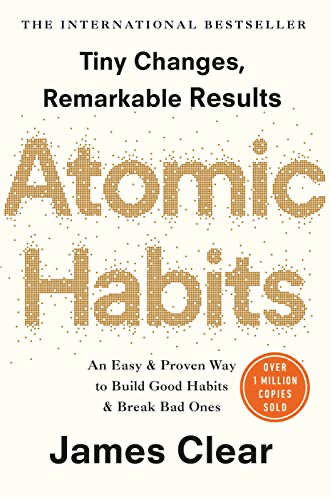
Practice daily highlights
How can we make every day count? Why do we often feel that some days are unproductive, and how can we ensure this does not happen?
This question is answered in the book “Make Time” with the “Daily Highlight” rule.
“What will be the highlight of my day?”.
This is a simple question you can ask yourself every morning to set a main goal “highlight” for that day; achieving this goal would be enough for you to count this day as a productive day.
For example, my highlight for today is to write this blog post, and if by the end of today I have finished writing the first draft of it, then I can count today as a productive day.
Of course, this will not be the only thing I will do today, since it is always possible to be more productive than we anticipate. But this is my highlight of the day, and it is the main thing that I will try to complete today, so meeting this goal renders my day “productive”.
Suggested reading: Make Time
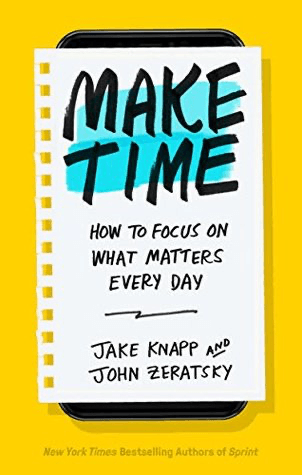
Deep work
Unnecessary interruptions during work can devastate our productivity. They derail our train of thought and our working mindset, which can take 5-30 minutes to recover.
This is why applying the concept of “Deep Work” can massively improve productivity, especially if you suffer from frequent interruptions, which can be a common occurrence now that more people are starting to work remotely from home.
The idea behind deep working is to allocate regular time blocks in which you would only focus on a specific task and remove all potential distractions.
For example, you can say that every day from 9 AM to 12 PM, you will:
-
Focus only on doing a specific task related to your work
-
Select a location to work at and delay all meetings and other non-urgent matters outside of this time block
-
Take short breaks every hour to maintain high levels of focus
Once you start applying Deep Work, you will be surprised by how much work you can get done in just a few hours. If you do find it helpful, then you can make it part of your daily work routine.
Suggested reading: Deep Work
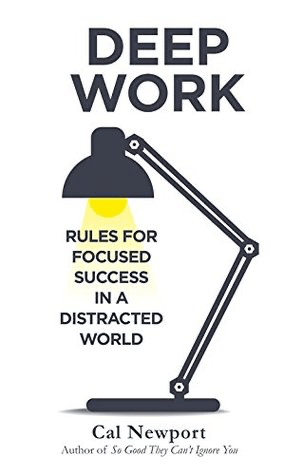
Pomodoro Technique
What’s the ideal work/rest ratio during working hours?
Many have attempted to develop techniques and equations to answer this question, one of which is the “Pomodoro Technique”. This technique states that for any task you do regularly, like studying or your daily work routine, you should do it in 25/5 time blocks.
Work for 25 minutes and then take 5-minute breaks.
Though the ratio of time/rest periods may differ from one person to another, the general concept should be helpful for most.
Personally, I find the 50/10 ratio ideal, as it may take me 5-10 minutes to get into the working mindset, and if I only work for 25 minutes then this would take the majority of that time before taking a break.
You can try multiple ratios until you find one that works for you, and then use timers to time your breaks and thus increase your productivity. This same concept applies to the Deep Work concept we discussed earlier.
Suggested reading: The Pomodoro Technique
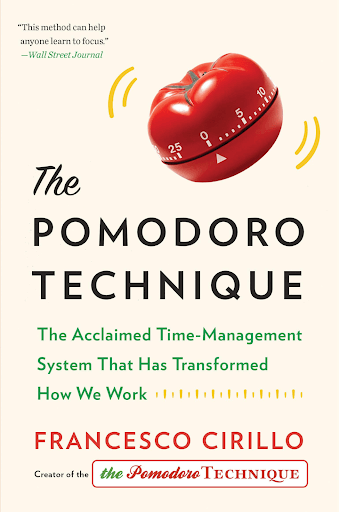
Avoid burnout
“Nothing is worth your health. Nothing is worth poisoning yourself into stress, anxiety, and fear”. Steve Maraboli, Unapologetically You. Burnout is that poison that can kill any person’s productivity and turn that individual into an alien version of themselves. Resting is the antidote.
You must regularly rest to ensure you never come close to the burnout point. You may think that taking a break would waste precious time that you can otherwise productively use, but without rest, you will ultimately reach burnout, which has the potential to destroy months of your life.
But how can we tell that we are approaching burnout?
Here are some symptoms:
-
Frequently feeling lazy or unmotivated
-
Not enjoying what you used to enjoy
-
Frequently getting sick or having headaches/gastrointestinal issues
-
Trouble sleeping, or never feeling rested even after sleeping
-
Get overwhelmed even by small/easy tasks
-
Easily irritable/impatient
If you frequently experience three or more of these signs, then you should immediately change your way of working and seek help to get the necessary amount of regular rest, or you will only keep getting worse.
If you are not sure about these signs, then you may also use this Burnout Self Assessment tool.
Taking a break to do fun stuff away from work is crucial for working productively. This is why even fun activities, like watching movies or playing video games, can boost our productivity.
How much rest should we take to avoid burnout in the long run?
The answer to this question varies from one individual to another, but you can use the following rule as a general rule of thumb.
The duration of rest is related to how frequent it is. For example, as mentioned earlier, the rest you take every hour should be a few minutes long.
Similarly, the rest you take every day should be a few hours long, and the rest you take every week is a few days long “i.e. weekend”.
You should also take a break at least once a year “e.g. annual vacation”, and even a longer rest every decade or two “e.g. sabbatical”.
This may sound obvious, but you must understand this and apply it throughout your life to ensure you get enough rest and avoid burnout. Neglecting rest brings you closer to experiencing burnout or feeling unmotivated.
This wraps up 8 of the most common productivity techniques that you can utilize to become better workers and ultimately reach your potential.
There are many other productivity tips that you can utilize once you master these ones, so we strongly recommend reading the mentioned books in this article, as these are among the most useful productivity books.
